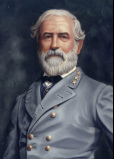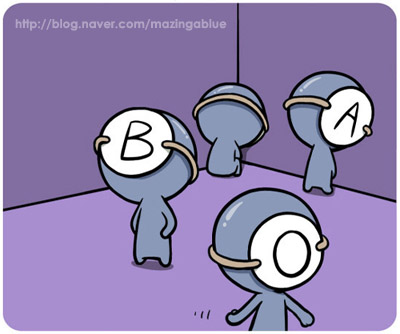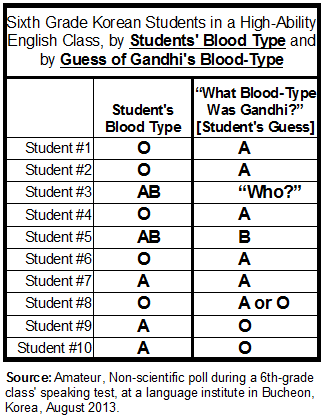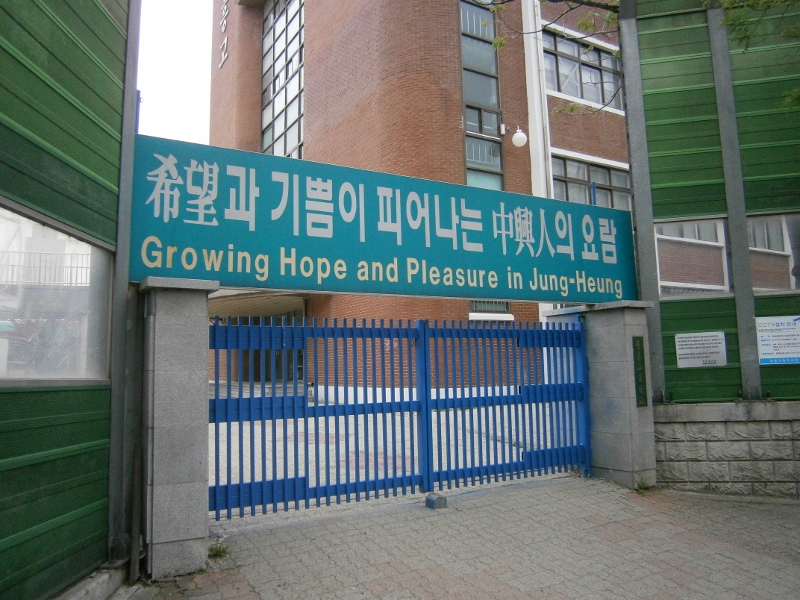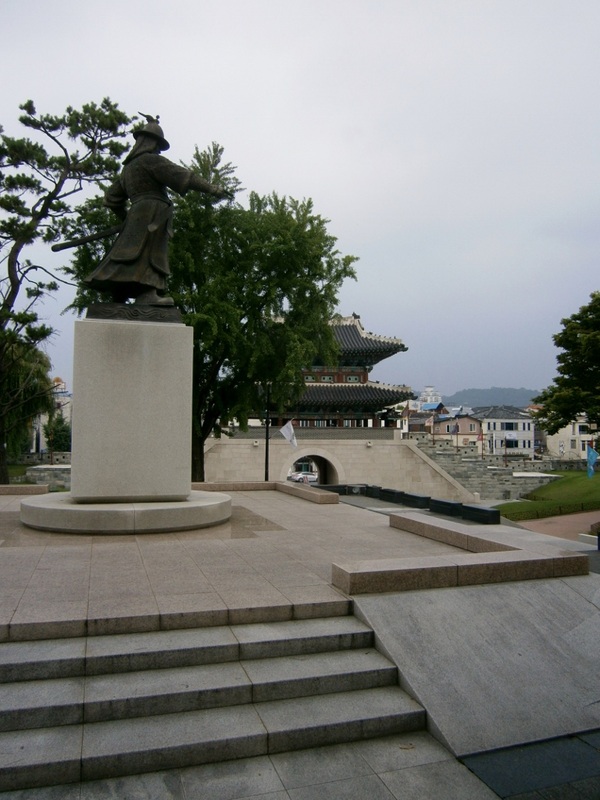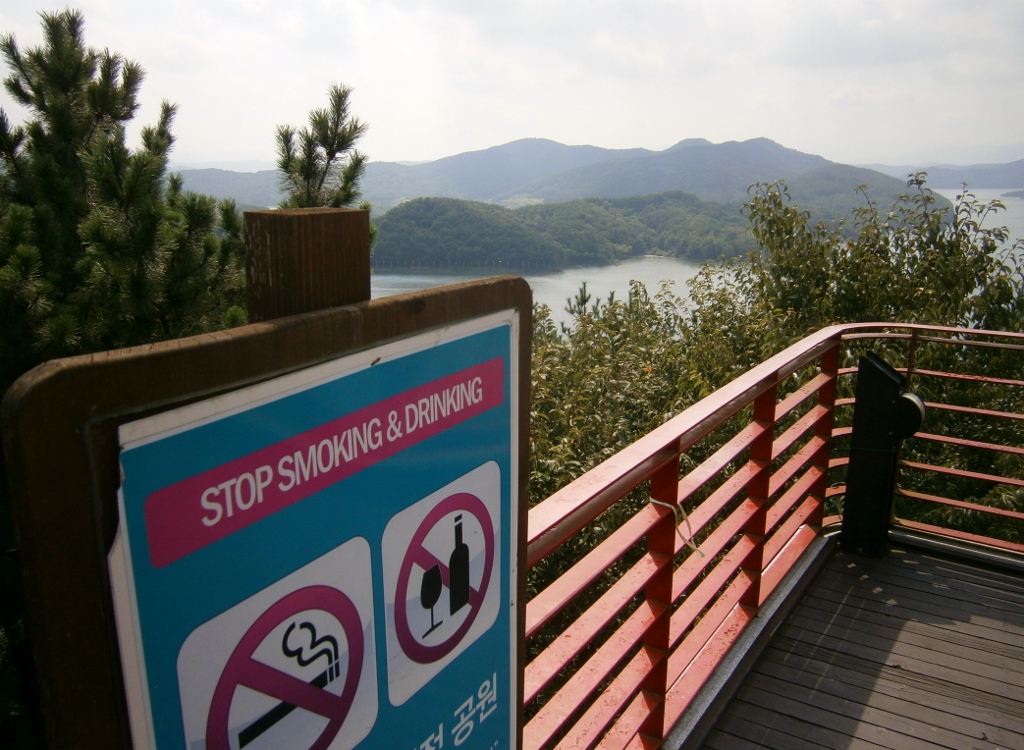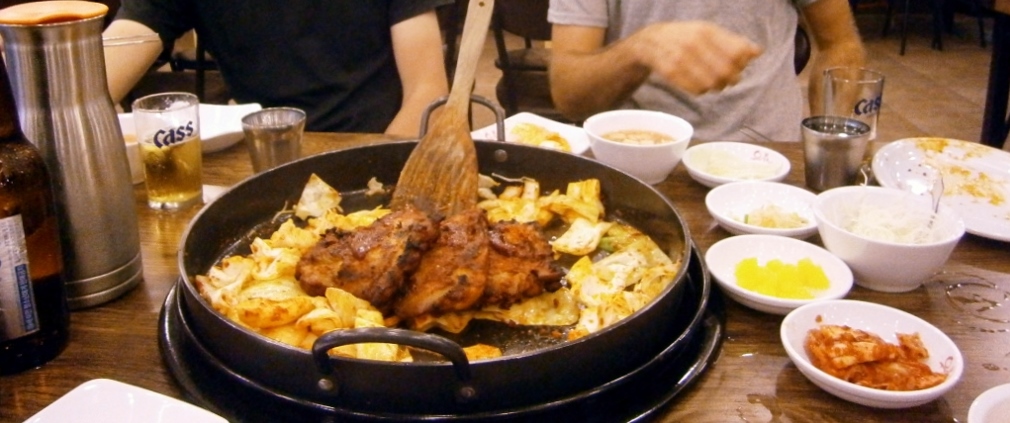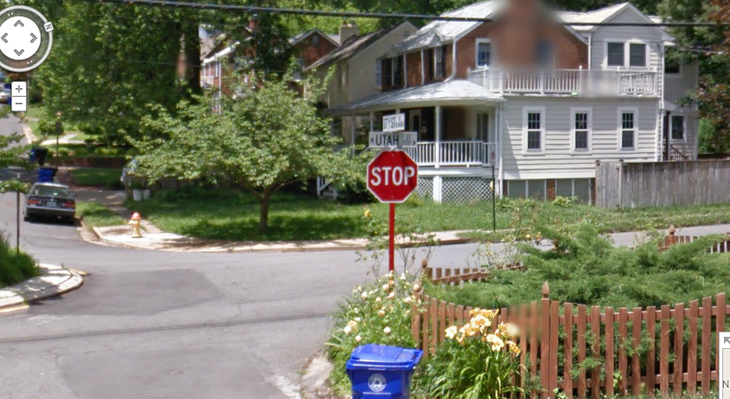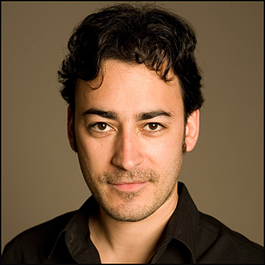A book called
Why America Failed, by somebody named Morris Berman, has been sitting around my bedside for a few weeks now. I occasionally pick it up, but it annoys me. I found it at a Seoul bookstore. It was cheap.
Berman’s book, as I say, is odd and annoying. He imagines that Americans are and always has been, devoted to greed at the expense of everything else. He calls it “hustling”. The USA is a nation of pool-hustlers, or something, so of course it would decline. That’s about his thesis.
This is curious to me. I know a lot of Americans, and I can’t say I know even one who is a “hustler”, a greed-fanatic, or whatever Berman imagines the typical American to be. I think the personality he alludes to may actually exist in today’s East-Asia at a much higher rate than in today’s (or yesterday’s) USA.
The book-jacket says:
In “Why America Failed”. Berman examines the development of American culture from the earliest colonies to the present, shows that the seeds of the nation’s “hustler” culture were sown from the very beginning, and reveals how the very tools that enabled the country’s expansion have become the instruments of its demise.
At the center of Berman’s argument is his assertion that hustling, materialism, and the pursuit of personal gain without regard for its effects on others have been powerful forces in American culture since the Pilgrims landed.
Berman is
not talking about a greedy “plutocracy”. He is talking about the character of the American people generally, the character of American culture, from lowest to highest. This is very clear in the book: It’s all these “Americans” who are guilty. Berman says the USA and greed-mania go together like horse and carriage.
I’ll say it again: This book annoys me. I don’t think Berman writes in good faith. He just grinds an enormous axe.
Who is Morris Berman? Professor; Born 1944 in NY; Jewish; now lives in Mexico. His background, as he describes it:
Although I [Morris Berman] was born in America, I am only first generation, my family having emigrated from eastern Europe in 1920. As a child, I was raised in what might be called a European socialist ethic: you help other people. As a result, I lived, in the United States, in a state of perpetual culture shock for nearly six decades.
I think this paragraph tells a lot about Berman, his identity, and thus his motivations. He does not view himself as an American at all, I guess, but rather as (defacto) a stateless long-term
resident of the USA. Perhaps he even (somehow) imagines himself “a
victim of the USA”.
It’s pretty outrageous, isn’t it, for him to so casually imply that “helping other people” is a un-American trait, only subscribed to be “European[-style] socialists”! (This is in line with the thesis of his book). Later, he writes:
Not helping other people is systemic in the United States; it’s as though it were woven into the very DNA of American citizens.
Berman’s ancestors probably had similar attitudes towards the gentiles that surrounded their villages back in Poland, and vice-versa. “Those people! They are not much above animals! It’s in their blood; they never help anyone.” One of Berman’s ancestors may well have said that about the Poles or Russians he lived around, a century or more ago.
Anyway, this thing about greed. Isn’t it true that the “American Dream” involves making a bunch of money?
Some time ago, I came across a website called “New Hope Journal“, subtitled “The Poetry, Essays and Personal Journals of Larry L. Dill”. I don’t know who this Mr. Dill is, other than (like Berman), he was born in 1944. Dill says he graduated from high school in 1962 (in another an entry, he reflected on his 50th class reunion in 2012).
I will reproduce, below, an essay from that site (originally from 1980) that describes “Americanism” a lot better, I think, than Berman does in Why America Failed:
Plenty of Work, Just No Money
By Larry L. Dill
(The following essay by Larry L. Dill originally appeared in the Nacogdoches, Texas newspaper, The Sunday Sentinel, in April, 1980. )
Will Rogers probably had more to say about the Great Depression than he did about anything else. For instance, he said, “People keep saying there’s no work. Well, let me tell you, there’s plenty of work. It just don’t pay anything.”
Will had a way of putting things that made them not as bad as they seemed, or at least made them seem not as bad as they were. Like all good humor, his jokes often hinged on the definition of a word. Take the word “work,” for example.
To most people work means money. It’s a simple equation. I give you so much of my labor and you give me so much of your money. By that definition the way to get ahead in the world is to make more and more per hour so that less and less work will buy the same things. The ultimate objective is to get more money than you need so you can turn around and start paying somebody else to do the work you’re supposed to be doing for less than you’ve agreed to do it and with you keeping the difference. An entrepreneur is somebody who works to perfect this system until he builds a pyramid of workers and managers, positioning himself at the top with very little actual work to do. Or to put it more fairly, his hourly wage now consisting only of critical management decisions, works out to thousands or tens of thousands of dollars per hour. That’s been his objective all along.
The name of the system of course is capitalism and it is often confused with the American dream which really involves something altogether different and which leads us to another definition of work which exists more often only in our minds, hence its association with the ephemeral American dream. This second concept of work is the one Will Rogers alluded to when he said there’s plenty of work but it doesn’t pay anything. He was talking about cleaning up our act, getting our minds right, finding our place in the universe, deciding what we want to be when we grow up and providing ourselves with our most basic needs like food and fuel. When the economic machinery of a capitalist system (or a communist system for that matter) is running smoothly, everybody is busy either building their little pyramid or trudging along as a party to somebody else’s. Either way we’re all working and we all have money.
Money has for so long now become the only medium of exchange that working directly to solve human needs without the mediation of money has almost disappeared, and with it, unfortunately, much of our humanity, our spirituality, and our compatibility with the earth we all live on. Thus when there is a money shortage as happened during the 1930’s, there is a “depression” and the psychological implications of that word are as applicable to our mental conditions as the economic implications are to our financial plight.
But it ought not to be that way. It only is that way because of our alienation from our own real work which is to be able to provide the basic necessities for ourselves, whether we have any money or not.
That’s what the back-to-the-land movement is all about, whether it manifests itself in a rural or in an urban setting. It is a spiritual movement (and a practical one) based on rediscovering those abilities we all have to work directly to solve our own physical needs.
Gardening is the first step. Admittedly, it is for most of us largely symbolic. But it redirects our attention to the earth from which all our sustenance comes and helps us gain perspective on the real meaning of work. Gathering firewood is a similar antidote for depression both spiritual and economic. So is foraging for wild berries or used lumber.
I hope we never have another economic adjustment period that is as badly bungled as the Great Depression was. But all my life the Depression was held up to me as a reminder that there is always something vaguely not quite right about a surging economic prosperity. Too much easy money too fast.
If we take time now while there is still time to go back to the old definition of work, back to basics, back to enjoying things that don’t require money, that indeed help eliminate the need for quite so much money, we’ll be a little better prepared for whatever comes, because no matter what comes, there’ll always be plenty of work.
http://www.newhopejournal.com/apr09.html
Larry Dill is a great writer and a great thinker.
If only bookstores carried a book by him, rather than by Morris Berman. I guess ol’ Larry just didn’t “hustle” enough to get his book taken up by a major publishing house and marketed around the world!

